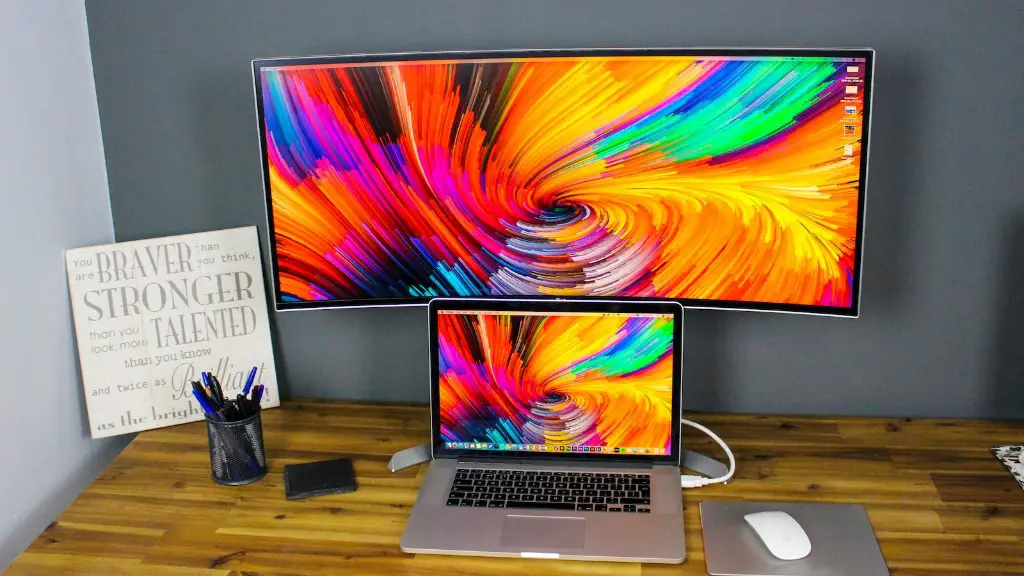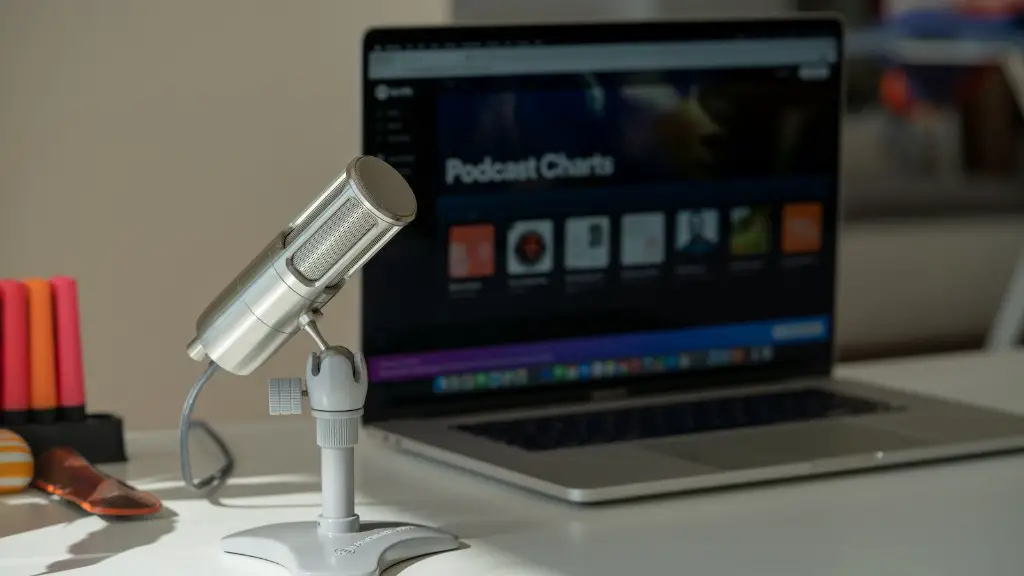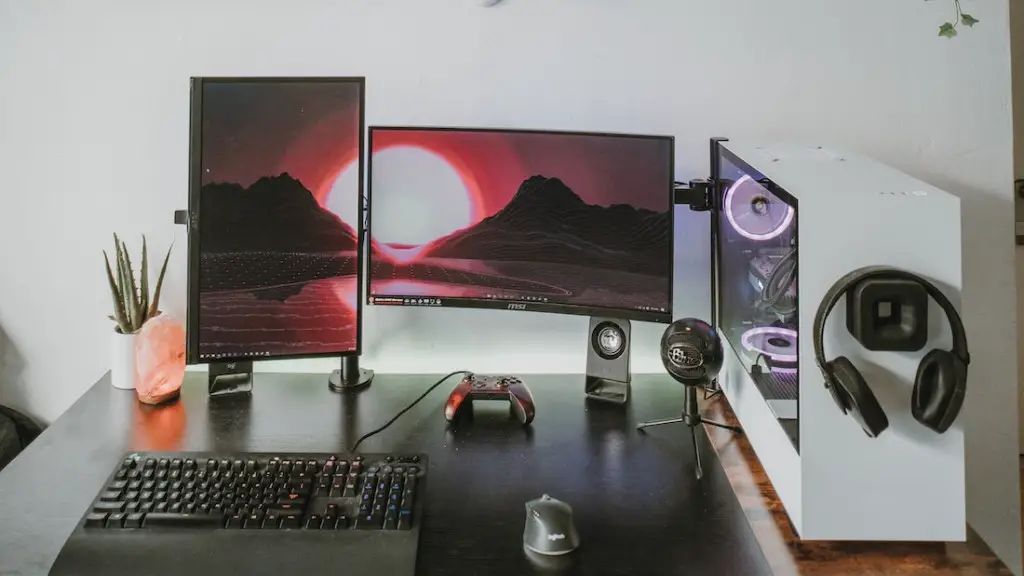Building a gaming PC is a great way to have a computer that meets your gaming needs and performance specifications. It isn’t difficult or expensive to do and can be a very rewarding experience for a PC enthusiast. To build a Gaming PC, you’ll need a motherboard, processor, graphics card, power supply, cooling, RAM, and a hard drive.
Motherboard
The motherboard is the foundation of any PC build, as it ties together rear IO, expansion slots, power delivery, RAM, and more. It is vital that you select a board that will fit your needs and can support the components you plan on using. Price usually increases with features, form factor, and quality. Consider things like the built-in sound, networking capabilities, and PCIe slots ahead of time.
Processor
The processor (CPU) is generally the biggest factor in terms of power and performance. For gaming PCs, choosing an Intel processor is the safe bet, because most games don’t take full advantage of multi-core processing and the single-core benchmark score is the most important factor for gaming. You should also consider the socket type for the processor should be compatible with the motherboard you have chosen.
Graphics Card
The graphics card (GPU) is almost as important as the processor – it’s the main part responsible for the performance of gaming PCs. The higher the performance class, the higher the price. NVIDIA and AMD are the two popular graphics card brands and both offer good value for money and some noteworthy features, such as overclockability, multiple outputs and SLI/CrossFire support.
Power Supply
The power supply unit (PSU) provides power to all of your components. Investing in a good PSU that has enough power to meet your needs is important as having too little power can cause instability and other issues. Typically, having more than double the wattage you need can help extend the life of your components.
Cooling
CPU and GPU cooling is an integral part of your PC build. Without the right cooling, your parts could overheat and become damaged. CPUs will come with stock cooling, but for higher performance and overclocking, aftermarket CPU coolers should be purchased. For GPUs, there are reference designs and aftermarket models that can provide better cooling and quieter operation.
RAM
RAM is a key component for multitasking ensuring smooth performance and responsiveness of the system. Most gaming builds should have at least 8GB of RAM, but 16GB is preferred. Ensure the RAM you choose is compatible with the motherboard you’ve chosen and is of the same speed and timing.
Hard Drive
Storage is the final component that you’ll need to select. It is recommended to choose an SSD as the primary drive for the OS and games. HDD storage can be used as a secondary drive for additional storage needs. Consider storage capacity, speeds, and form factor when selecting a drive.


